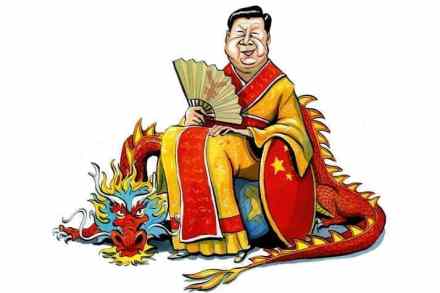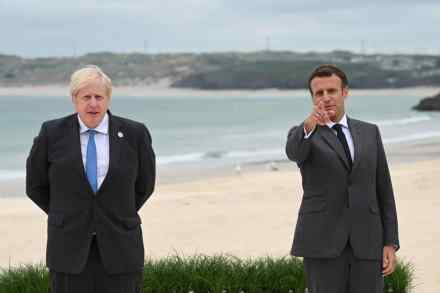Joe Biden is asleep at the wheel
Did Joe Biden fall asleep during the opening speeches of the COP26 climate jamboree in Glasgow? It’s hard to blame him if he did. A conference dedicated to saving the planet is generating nothing but hot air, some of it carboniferously heavy with the exhaust of the armada of private jets that brought the guests. But it’s Biden’s job to stay awake, look lively and remember his lines. The footage shows a frail man who’s jetlagged, pushing eighty and trying his best to absorb the torrent of heated eco-bilge that’s being pumped into his ears. But he’s only human. The presidential eyelids start to flutter as a speaker pleads ‘on





















